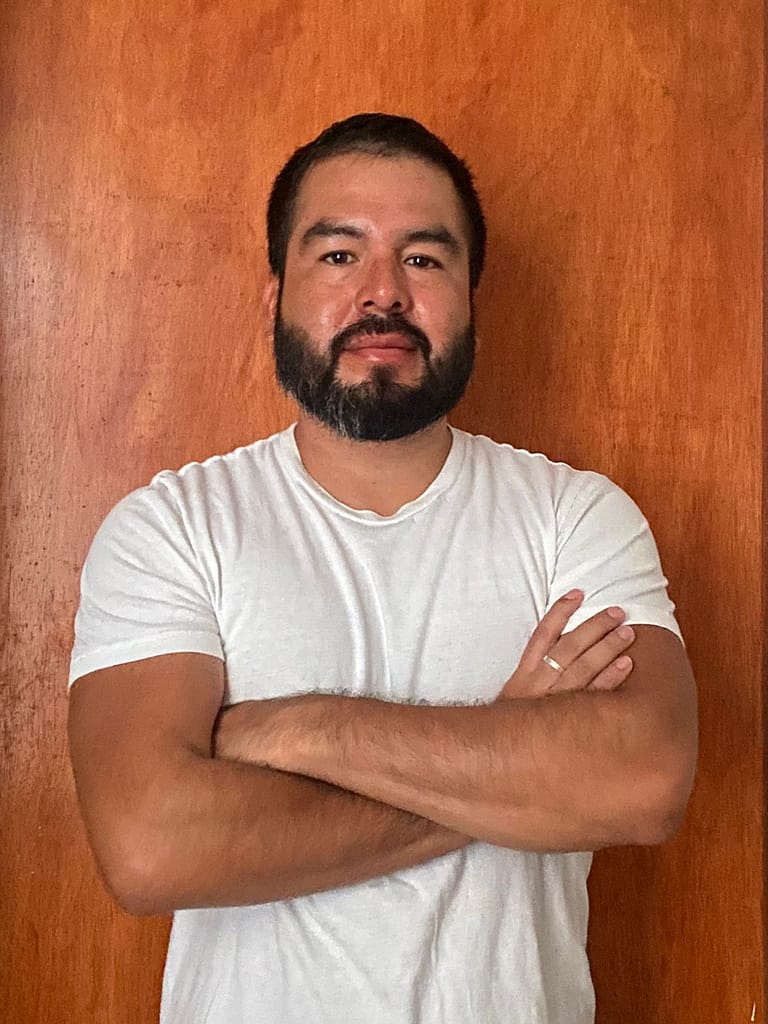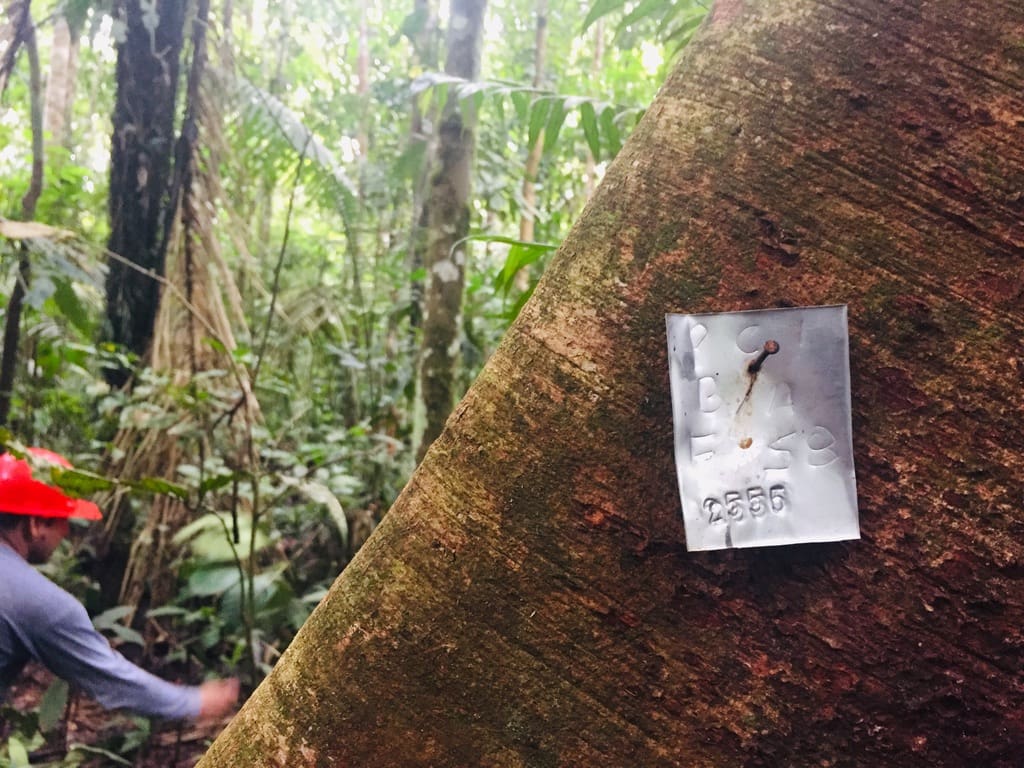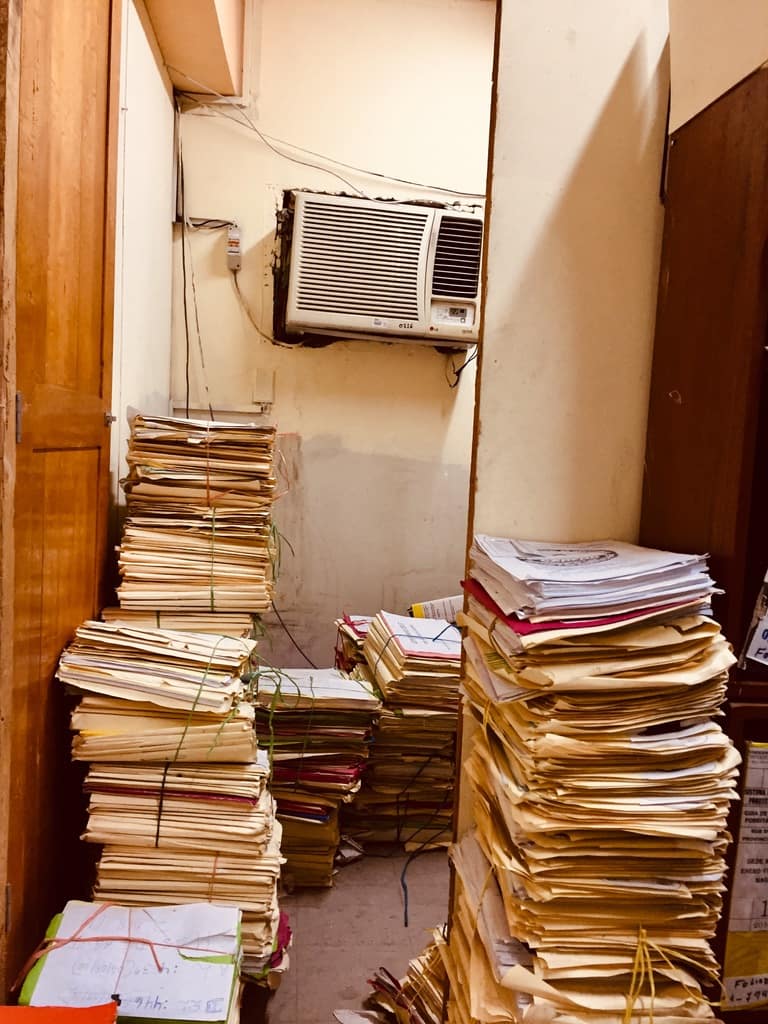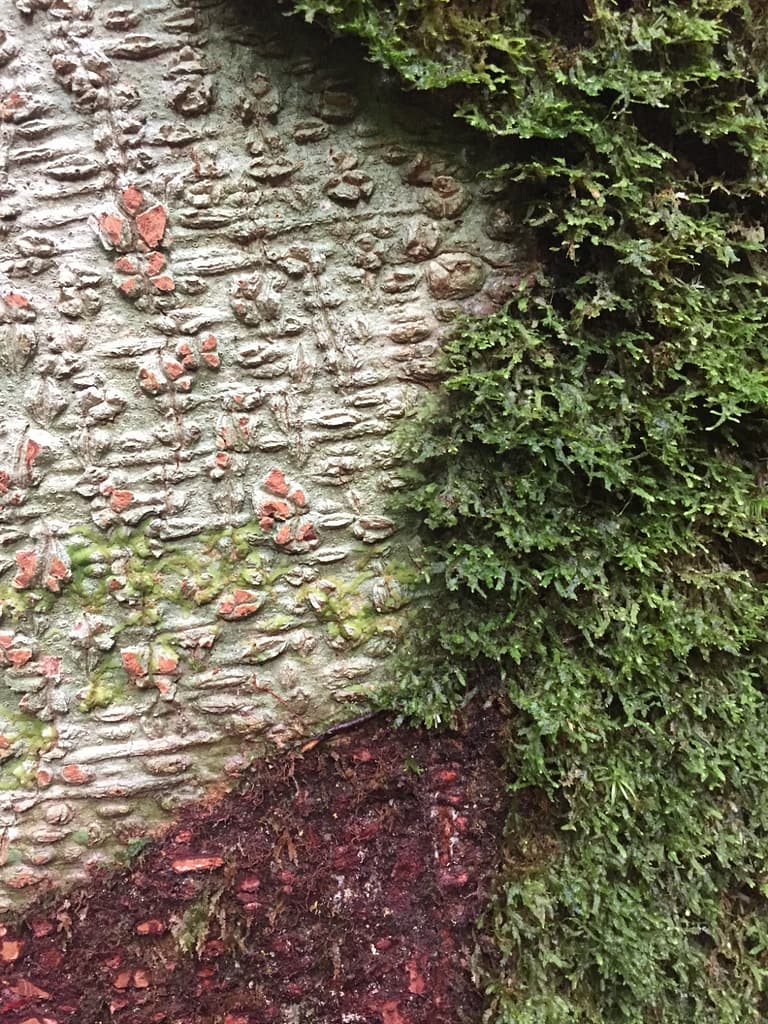Eduardo Romero Dianderas
Anthropology
Infrastructure
Calculation
Climate Change
Tropical Rainforests
Hi, my name is Eduardo
I am a Peruvian anthropologist interested in the histories, politics and emerging futures of tropical rainforest governance, both in Amazonia and elsewhere. Drawing on my longstanding interest in science and technology studies, critical media theory, anthropology, geography and history, I teach and write on topics such as global environmental governance, the politics of technical expertise and the rise of planetary knowledge infrastructures in the context of climate change and biodiversity loss.
I received my PhD in sociocultural anthropology from Columbia University on 2022. My current book manuscript, Calculating Amazonia: the politics of calculation in the age of climate change and biodiversity loss, examines how the transformation of tropical rainforest governance in the context of the global environmental crisis is triggering different kinds of political and epistemic controversies around the definition of mundane technical objects such as lines, volumes, points and polygons.
By following the activities of state engineers, land surveyors, Indigenous peoples, loggers and other human and nonhuman actors, Calculating Amazonia traces how the rising planetary push to render tropical rainforests into spaces of calculative transparency and accountability ultimately fuels epistemic and aesthetic struggles over the conditions by which different objects of environmental concern such as tropical timber or Indigenous territories are to be measured, calculated, aggregated and visualized at local and planetary scales.
My doctoral work has been funded by the Wenner-Gren’s Dissertation Fieldwork Grant, the SSRC’s International Dissertation Fieldwork Grant, the NSF’s Cultural Anthropology Program, and the Explorer’s Club’s Exploration Fund Grant.
Since Fall 2023, I am a Postdoctoral Fellow at the University of Southern California’s Society of Fellows in the Humanities.

Download my CV
Blog posts
ETHNOGRAPHIES OF VERTICAL & VOLUMETRIC ECOLOGIES, AAA2023
I had an amazing time partaking in the twin panel “Ethnographies of Vertical & Volumetric…
Forensic Architecture and the Aesthetics of Impunity (USC, Nov 8 2023)
I am very glad to be participating of this panel on November 8th 2023 at…
Emerging Extractivist Frontiers of the Green Energy Transition in the Americas
On April 17th 2023, we wrapped up the Mellon Sawyer Precarious Ecologies Seminar with a…
My Research

Global Environmental Governance
I am interested in understanding how the governance of tropical rainforests is being transformed in the context of climate change and biodiversity loss. As the global environmental crisis leads governments, corporations and multilateral institutions to increase the availability of funds, technology transfers and policy changes to guarantee the survival of Amazonia as one of the largest biodiversity hotspots and carbon sequestration biomes in the world, I wonder about how the rapid transformation of the regimes of environmental governance in the region are changing the possibilities of human and nonhuman life in Amazonian environments.
The politics of technical knowledge and expertise
If technical authority and expertise have been traditional cornerstones of modern bureaucratic rule, my scholarship aims to contribute to a large conversation that thinks in political terms about the everyday work of experts, bureaucrats and technical authorities. In particular, I want to understand mundane technical objects – lines drawn on maps, or timber volumetric calculations written down on paper – as abstract representations of the world that are not the sole creation of technical authorities, but that actually bring together a vast constellation of human and nonhuman actors in Amazonia. Further, I am interested in thinking about their existence politically, that is, as more than just neutral and objective representations of the world. I believe this mode of critique is fundamental for cultivating healthier and more sustainable relations between technical knowledge and democratic deliberation in today’s world.


More-than-human politics in the age of climate change and biodiversity loss
If the late modern era centered political deliberation in the figure of the white urban subject and its authoritative forms of expert knowledge, my work asks what new forms of political governance, expert knowledge and democratic coexistence can be cultivated once we approach more-than-human life through the existential predicaments opened by our time of climate change and biodiversity loss. How can trees, rivers or wetlands become allies to think about environmental governance, economic development and democratic consensus in new ways?
Publications
2024
Volumes: the politics of calculation in contemporary Peruvian Amazonia. In Cultural Anthropology, 39(1), 64-90
2023
Polygons: the politics of mathematical abstractions in contemporary Peruvian Amazonia. In American Ethnologist, 50(3), 1-13
2023
Review of Rodrigues-Machaqueiro, Raquel. The Carbon Calculation: Global Climate Policy, Forests and Transnational Governance in Brazil and Mozambique. Tucson: The University of Arizona Press, 2023, 324 pp. In: American Anthropologist
2021
Fueling human rights violations: consequences of EU and Belgian biofuel policies in northern Peru. Published by Oxfam Belgie-Belgique
2015
State evocations, affect and indigenous organizations in contemporary Peruvian Amazonia. In Development: Journal of the Society for International Development (SID), 58 (1), 21-30 pp.
2014
Industria maderera y redes de poder regional en Loreto [Logging industry and regional power networks in Loreto, Peruvian Amazonia]. In Revista Argumentos, Year 8, No 3.
2012
Extracción maderera y conservación ambiental: lógicas de gobierno y cuidado de la naturaleza en la cuenca del Ampiyacu [Small-scale logging and environmental conservation: changes in forest governance at Ampiyacu basin, Peruvian Amazon]. In Perú: El problema agrario en debate – SEPIA XVI. Lima: Seminario Permanente de Investigación Agraria. 529-551 pp.
Experience
Postdoctoral Fellow
University of Southern California
Society of Fellows in the Humanities
Mellon Sawyer Postdoctoral Fellow in the Politics of Environmental Knowledge
University of Southern California
Center on Science Technology & Public Life Center for Latinx & Latin American Studies
Doctor of Philosophy
Columbia University in the City of New York
Anthropology
Master of Arts
University of Georgia, Athens
Ecological and Environmental Anthropology
Environmental consultant in Amazonia
Working on state and NGO projects related to environmental conservation, Indigenous rights and sustainable development in Peruvian Amazonia
Bachelor of Arts, summa cum laude
Pontifical Catholic University of Peru
Anthropology
Contact me!
Drop a line if you want to get in touch with me!